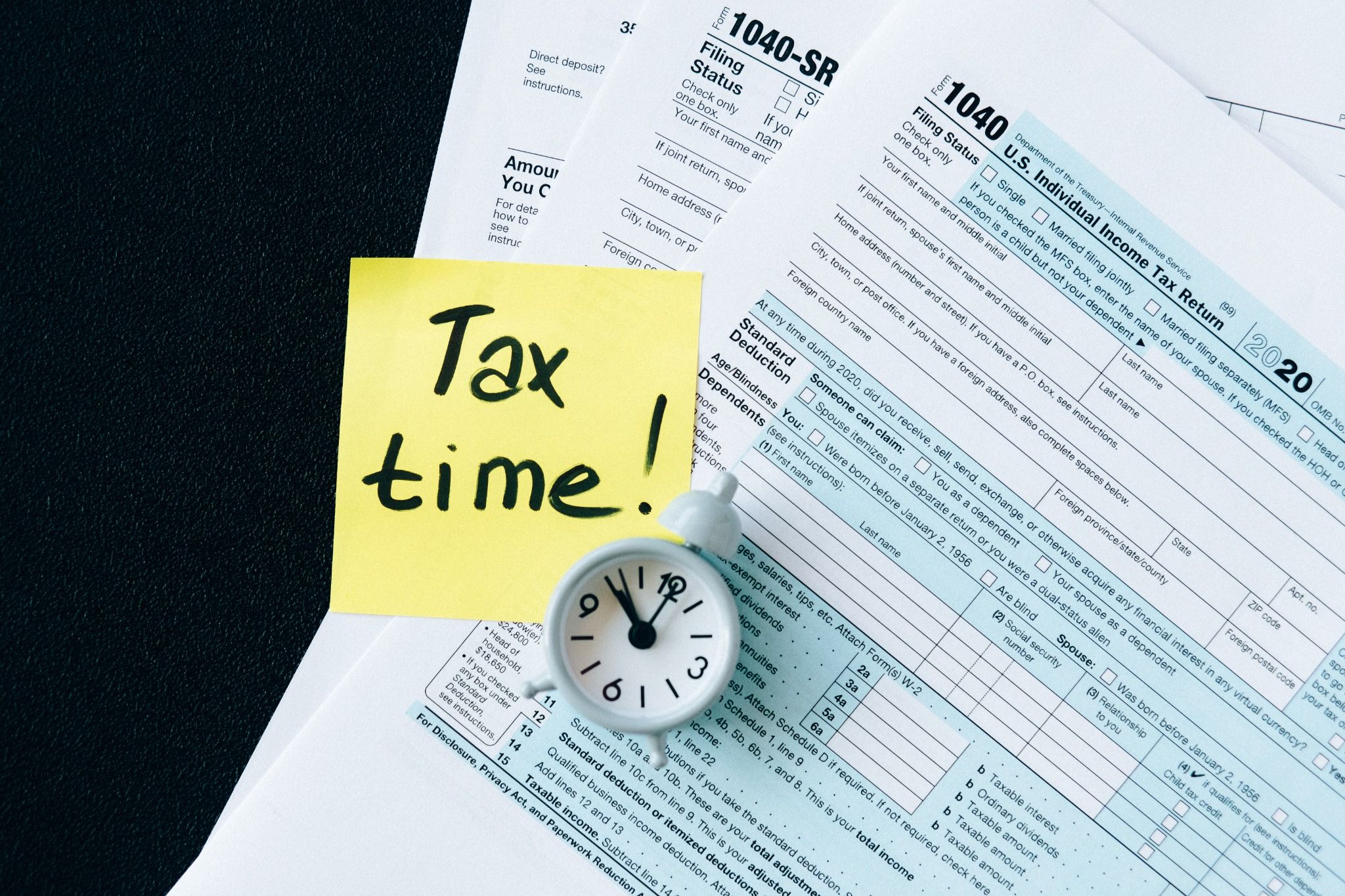Understanding what to expect from the average household bills in the UK will help you budget better and have a clearer picture of what to expect when you move into a new home. While there is no outright answer to this question, this blog post will provide you with a comprehensive guide on the typical household bills to expect in the UK.

Mortgage and Rent
One of the most expensive bills in the UK is usually paying mortgage repayments or rent to a landlord. This is likely to be the single most expensive monthly outgoing for most people.
Mortgages
Most homeowners use a mortgage to buy a home. This means that you will need to borrow the amount you need to cover the cost of the home and repay a small percentage of that figure, each month to the lender. The monthly payment amount, from one person to the next, can vary massively. This is due to a variety of factors including the house price, amount borrowed, and the mortgage rate and term. Over the last year, mortgage interest rates have dramatically increased which in turn has increased monthly payments for lots of homeowners.
Renting
As house prices have increased this means that the cost of renting has also increased. Renting is where a tenant pays a monthly fee to a Landlord (the homeowner) so that they can live in their property. Whilst renting is more flexible than buying a home and doesn’t require putting down a large house deposit, renting can still be very expensive as the Landlord can choose how much they would like to charge.
Gas and Electricity
These are essential bills you can never avoid. Most UK homes rely on electricity and gas for heating, lighting, cooking, and running household appliances.
As of 2019, Ofgem reported that the average dual fuel bill in the UK was around £1,254 per year, or £104.50 per month. Since them this value has increased to an average of £142 per month of a 1-2 person household in 2023, according to British Gas.
This value may vary significantly based on factors like usage, region, and the energy provider. Smaller providers offering specialized tariffs or green energy options may be cheaper, so it's worth shopping around and comparing prices.


Council Tax
Unlike when you tax your car, the tax you pay to the council depends on different factors, including the value of your property, the local council in your area, the number of adults living in your home, and whether or not you receive benefits.
According to the UK government, in 2021, the national average council tax bill in England was £1,898 per year, or £158.17 per month.
However, this has now risen to an average of £2,000 a year or £167 a month for the most popular property banding.
Water bills
Unlike energy bills, whereby you can shop around and switch providers to get cheaper deals, water bills are fixed based on your location and the property value. Water bills are calculated based on a fixed rate fee and the amount of water you use. The average national monthly water bill payment is £34.
Broadband and TV package
Good internet speed is now a necessity for most households, especially with the increased adoption of remote working and e-commerce. The average cost of broadband in the UK is around £30 per month, while the average TV subscription package ranges from £20 to £50 per month. However, you can obtain these services from separate providers if you don't want to bundle them together.
Home Insurance
It is also very important to insure your home in order to financially protect yourself. This includes both buildings and contents insurance. This averages £12 per month in the UK.
